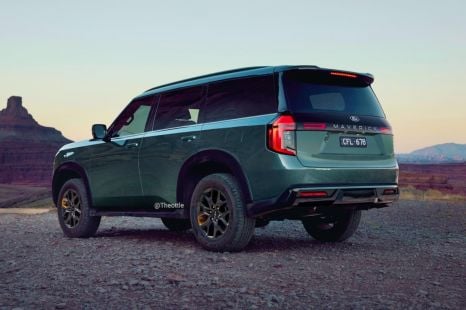

Ben Zachariah
Move over, Patrol: New-era Ford Maverick SUV imagined
15 Hours Ago
Electric startup Fisker could soon have access to a lot more cash, as well as the Volkswagen Group's MEB EV architecture.

Journalist
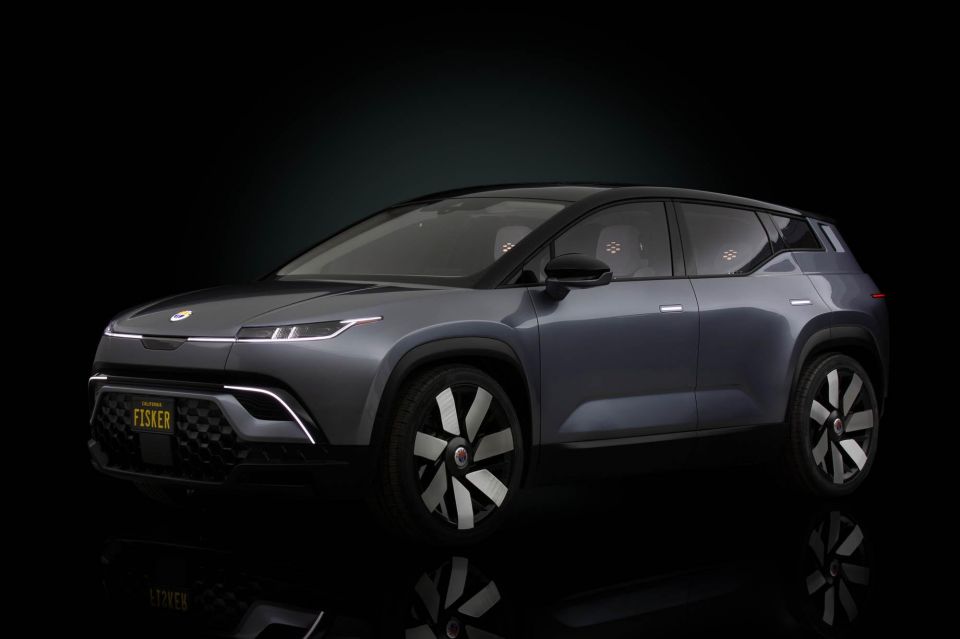

Journalist
Fisker has confirmed it will list on the New York Stock Exchange, and it is in talks with Volkswagen to use its MEB electric vehicle platform for its upcoming Ocean crossover.
A concept version of the Ocean was revealed at this year’s Consumer Electronics Show in Las Vegas.
Fisker has confirmed the concept rides on the MEB architecture, which will be used by the Volkswagen ID.3, ID.4 Cross, Seat el-Born, and many others.
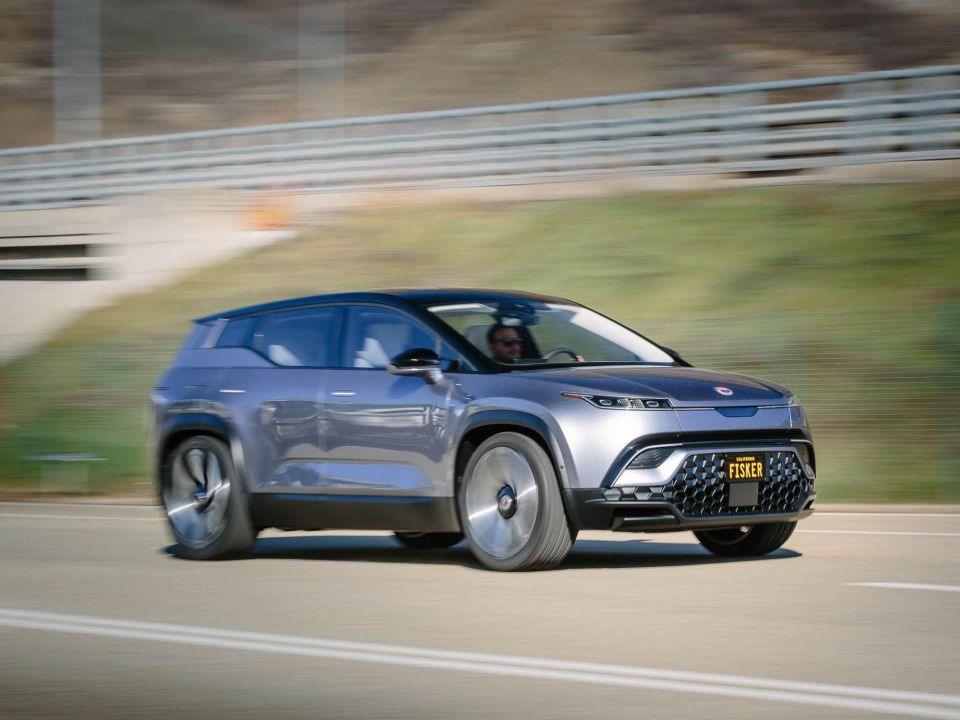
Unlike its MQB and MLB internal combustion engine architectures, the German firm is keen to let other automakers have access to MEB in order to reduce costs and risks for all.
Ford has already committed to building an MEB-based EV for the European market.
According to Fisker, using MEB will cut development time for the Ocean in half and with “substantially reduced” costs, as well as reducing parts and equipment pricing through Volkswagen’s purchasing power.
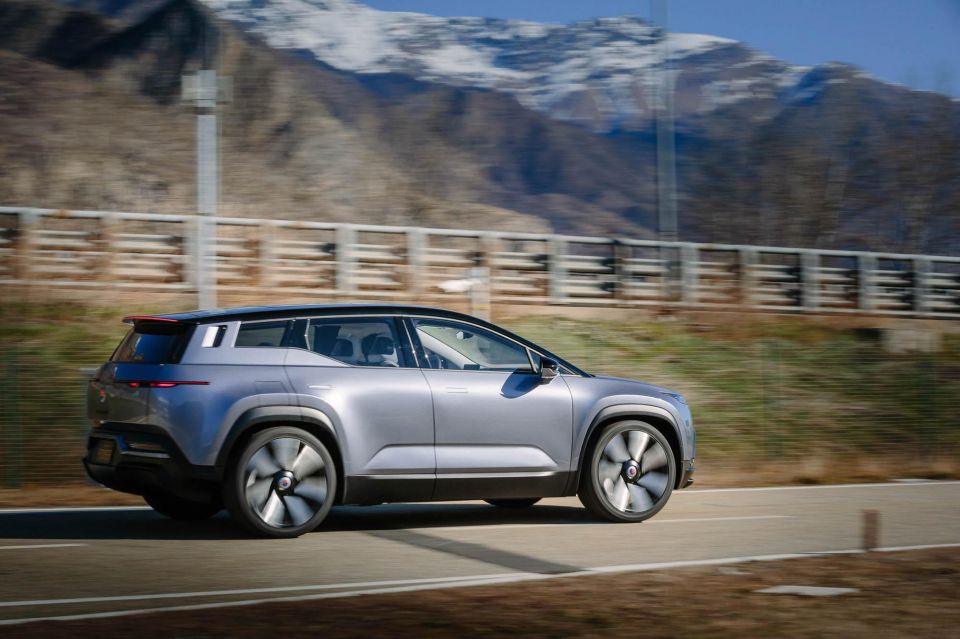
If all goes according to plan, Fisker will cease being a private company some time this year, and will join the stock exchange via a so-called “backdoor listing”.
Instead of going through an initial public offering (IPO), which requires plenty of disclosure and paperwork, Fisker will merge with Spartan Energy Acquisition Corporation, an already-listed firm sponsored by investment company Apollo Global Management.
The merger will give Fisker access to around US$1 billion ($1.4 billion) in extra capital, which it will use to bring the Fisker Ocean electric crossover into production by the fourth quarter of 2022.
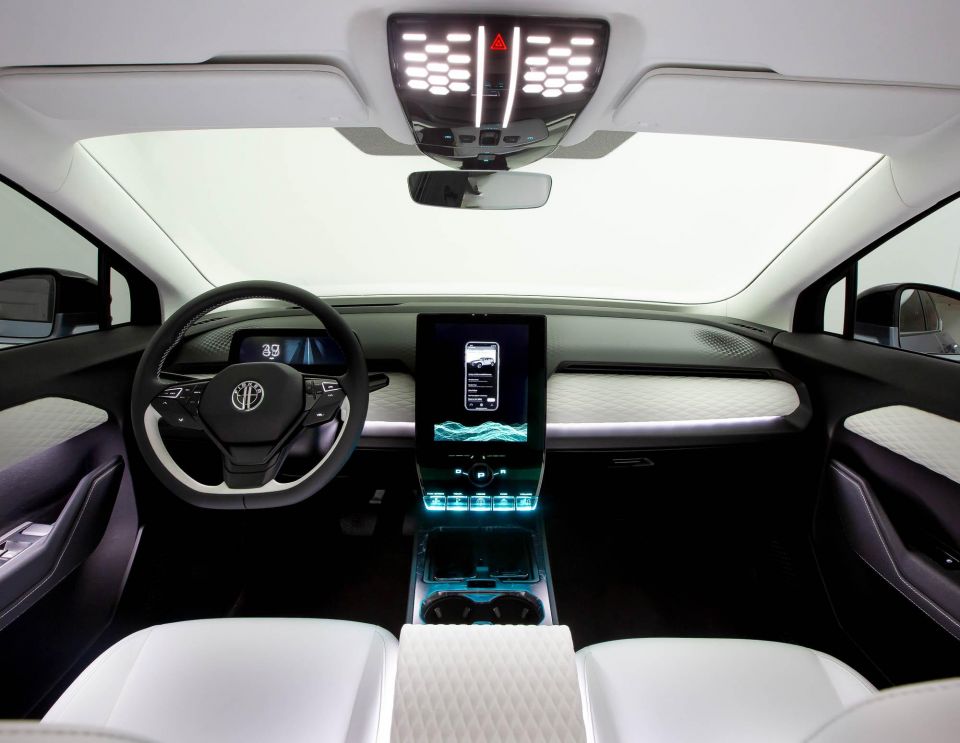
The Ocean crossover will be available in either two- or all-wheel drive, have seating for up to five people, a unique infotainment system with a 16-inch curved main screen, and an interior featuring vegan and recycled materials.
It will be fitted with a battery rated at over 80kWh, and should be good for a driving range of between 400 and 480 kilometres.
Options will include a solar roof, an augmented reality head-up display, and a California mode where nine windows throughout the car can be wound down.
Pricing in the United States starts from US$37,499 ($54,000). Many buyers there should eligible for a US$7500 ($10,800) federal tax credit.
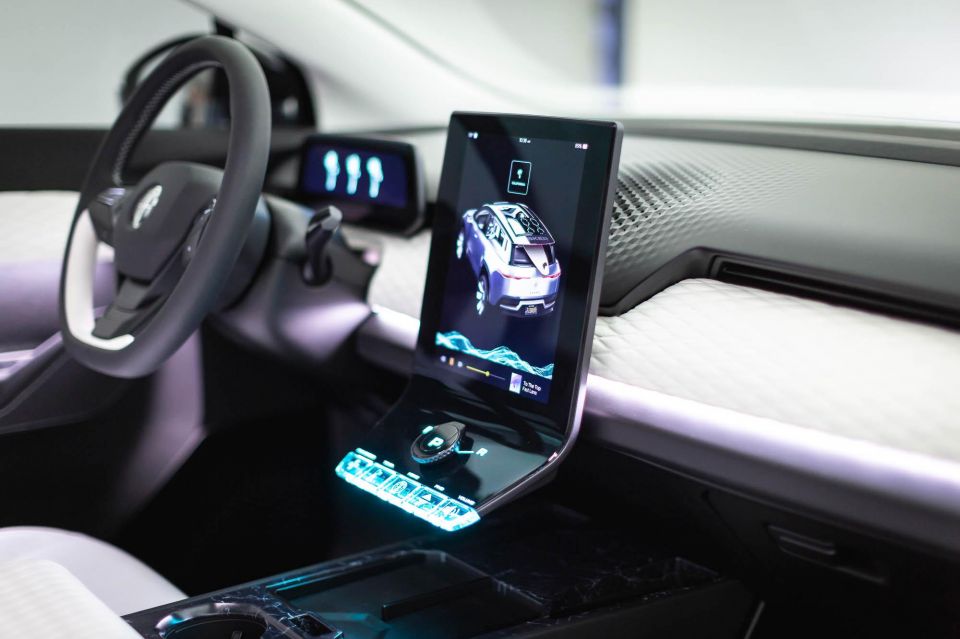
With Tesla’s strong retail sales and stock market success, investors have been showing a lot of interest in startup electric car makers of late.
Rivian, which is aiming to produce an electric pickup truck and SUV by 2022, recently raised US$2.5 billion ($3.6 billion) in funding. This is on top of earlier investments from Ford, Amazon and others.
Where expert car reviews meet expert car buying – CarExpert gives you trusted advice, personalised service and real savings on your next new car.
Derek Fung would love to tell you about his multiple degrees, but he's too busy writing up some news right now. In his spare time Derek loves chasing automotive rabbits down the hole. Based in New York, New York, Derek loves to travel and is very much a window not an aisle person.


Ben Zachariah
15 Hours Ago
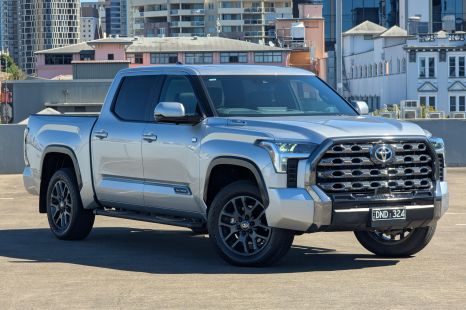

Damion Smy
16 Hours Ago
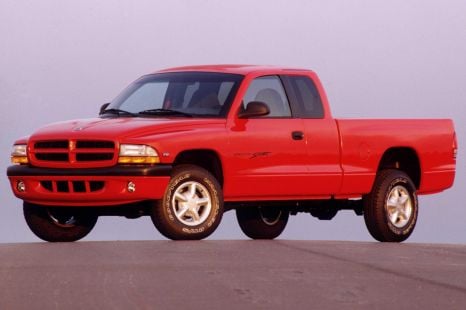

Derek Fung
16 Hours Ago
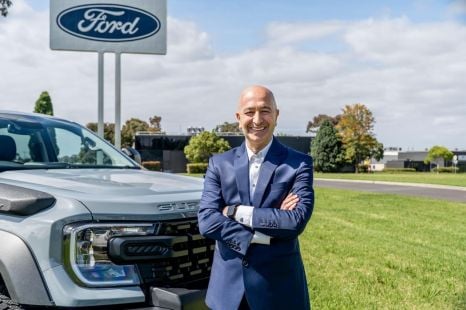

Ben Zachariah
17 Hours Ago
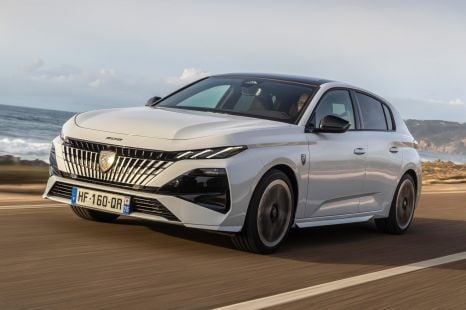

Matt Robinson
23 Hours Ago
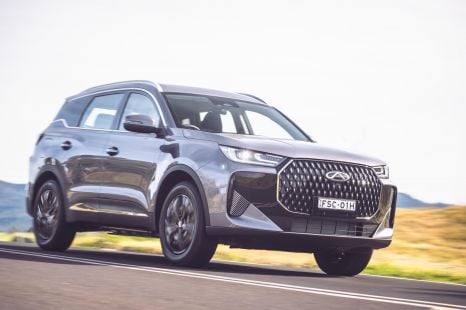

CarExpert.com.au
1 Day Ago